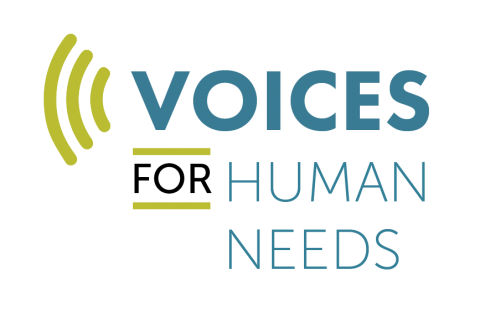
Budget Deal a Positive First Step
After months of partisan bickering, standoffs and crises, and thousands of actions by advocates who told Congress to #StopTheCuts, a bipartisan budget deal emerged this week. And it’s a deal that’s a responsible and positive step in the right direction. The legislation raises the debt ceiling until early 2017, avoiding a disaster that looms only a week away. It eliminates about 90 percent of the harmful sequester cuts for domestic programs (those that are subjected to the annual appropriations process) in FY16 and eliminates about 60 percent of the cuts in FY17 (the sequester cuts were already slotted to be less in FY17, so total funding for domestic programs in FY17 will be roughly the same as in FY16). All told, the deal would mean $33 billion more for human needs and other domestic programs in FY16. The Bipartisan Budget Act of 2015 keeps in place the idea of parity that advocates and the White House pushed hard for – meaning that every additional dollar that goes to defense programs must be matched by a dollar for domestic programs.
The budget deal also avoids a 20 percent cut in benefits to recipients of Social Security Disability Insurance, which was slated to affect roughly 11 million Americans at the end of 2016, and shores up the SSDI trust fund until 2022. In addition, it avoids a more than 50 percent increase in Medicare Part B premiums that would have affected 30 percent of Medicare beneficiaries.
These are significant measures that have the potential to make things better for millions of Americans, and the Coalition on Human Needs applauds Congressional leaders from both sides of the aisle and the White House for coming together and working in a bipartisan way to get this done. CHN urged members of Congress to support this legislation and urged advocates to do so as well.
With all of its accomplishments, the deal isn’t perfect. No negotiation is. Advocates wanted to see the SSDI trust fund shored up for a longer period of time. The new deal will require additional medical expert reviews for those applying for disability insurance in 20 states; this could delay the process of getting benefits to those who need them. The deal would also repeal a not-yet-implemented reform of the Affordable Care Act that would require employers with more than 200 workers to automatically enroll their employees into a health plan (with the option for the employees to opt out). While repealing this measure is expected to save nearly $8 billion, it is also estimated to leave 675,000 more people uninsured in future years.
And while funding above the restrictive sequestration caps prevents harmful cuts – very welcome news, indeed – additional investments are critically needed for human needs programs that have already been subjected to years of cuts. As the Center on Budget and Policy Priorities points out, even with the sequestration relief provided in the budget deal, funding for domestic programs for 2016 would be 12 percent below the 2010 level, adjusted for inflation. By 2017, domestic spending would fall to its lowest level on record as a share of the economy, with data back to 1962. In CHN’s report on poverty released in September, we showed that even if poverty continued to decline at its current rate (an extremely optimistic estimate), it would take 25 years to cut poverty in half, and getting child poverty to that same level would take 35 years. We need additional investments in proven programs like Head Start, housing and others to be able to shorten this timeframe and help millions of Americans out of poverty. We need to make sure corporations and the wealthy pay their fair share and that tax credits that help our low-income neighbors are made permanent, which the budget package failed to do.
So while this budget deal is a great first step, our work continues. The House passed the deal on Wednesday, and the Senate followed suit early Friday. The President is expected to sign the measure before the Nov. 3 debt limit deadline. But even Congressional approval and the President’s signature won’t mean the end of the battle. Appropriators in Congress will now begin to divvy up these new top-line dollar figures for the different departments in the federal government and draft legislation that must pass by December 11 when the current government funding runs out. There will be many challenges along the way – both in terms of making sure the money we’ve all fought so hard for goes to the programs that need it, and that no ideological policy changes (known as riders) harm human needs programs or stop the legislation in its tracks and cause a government shutdown.
Advocates across the country need to continue to weigh in with their members of Congress to ensure that we cross the finish line with a funding package that does the most it can to meet the needs of human needs programs and our neighbors they serve. Stay tuned to the Coalition on Human Needs' blog and follow us on Facebook and Twitter to keep up to date on the latest ways you can take action.
This post was originally published on the Coalition on Human Needs' blog, Voices for Human Needs. Receive similar articles in your inbox by subscribing today.


The views and opinions expressed in this post are those of the author(s) and do not necessarily reflect those of MomsRising.org.
MomsRising.org strongly encourages our readers to post comments in response to blog posts. We value diversity of opinions and perspectives. Our goals for this space are to be educational, thought-provoking, and respectful. So we actively moderate comments and we reserve the right to edit or remove comments that undermine these goals. Thanks!